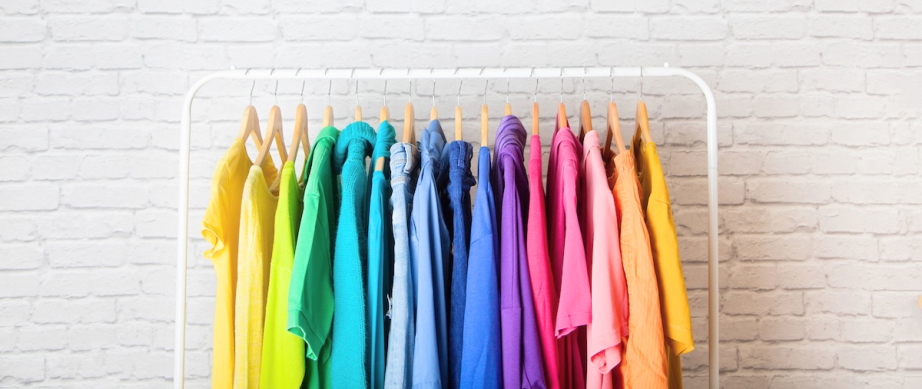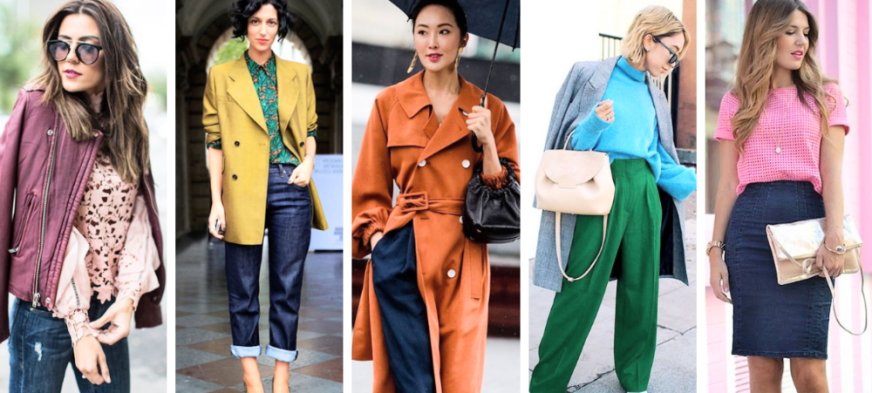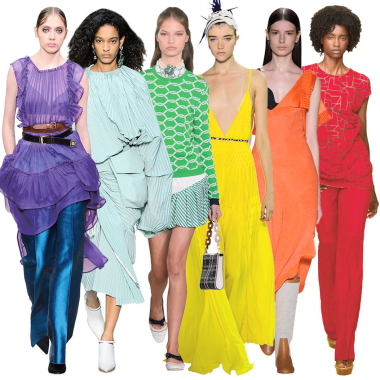
Guide to Matching Colors in Your Outfits
Color matching the clothes is both a science and an art. You may have all the wealth in the world as well as flaunt the most luxurious wardrobe imaginable, but it’s a losing cause if you don’t marry the colors in your outfit well. You would either have an eye for precision or grasp the nuances of how colors function. Strike a compromise, keep healthy, or go all in; whatever you do, know the laws before breaking them.
The Colour Wheel
Colors are arranged in the following order: red, orange, blue, green, yellow, indigo, and violet. You may recall the phrase ROY G BIV from childhood, which stands for Richard Of York Gave Battle In Vain. The most popular hypothesis says that you balance opposites unless you take this color wheel at face value, e.g., blue with orange but rather green with red. However, these clothing colour combinations are likely to be overpowering. To build a seamless palette, you must also remember Hue, Saturation, and Brightness.

The Fundamentals of Color Matching
The guide to matching colors in your outfits including mix and match clothing color is below:
- The Primary Colors
The main colors are red, brown, and yellow. The other shades are created by combining these three hues. Primary colors may create a monochrome style, which involves styling an ensemble in just one hue. This concept seems simple, but when applied correctly, it appears modern and trendy. The use of a single hue lengthens or streamlines the body. If you don’t like the monochrome look and choose to be a bit more adventurous, you should combine primary colors in one ensemble for a confident look.
- Colors That Go Well Together
It’s easy to find complementary colors: Choose a color from the color wheel and draw your finger around the circle on the opposite side of the wheel. You’ll see that the colors directly match up and tend to be opposites of each other. Orange/blue, violet/yellow, and turquoise/maroon are other complementary color combinations.
 Colors That Are Both Warm and Cool
Colors That Are Both Warm and Cool
Hot shades, such as red, brown, yellow, and orange, render objects seem smaller in scale, which is why most of us like wearing warmer colors while we try to look slimmer. Cool colors, such as blue, violet, and green, are calming.
- Similar colors
Analogous colors may also be used together. Colors that are identical on the color wheel produce a harmonious and seamless appearance. Red and pink don’t normally go together, but they may create a fabulously surprising appearance when done correctly.

